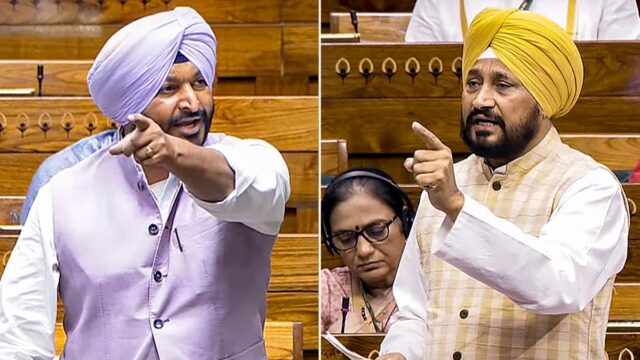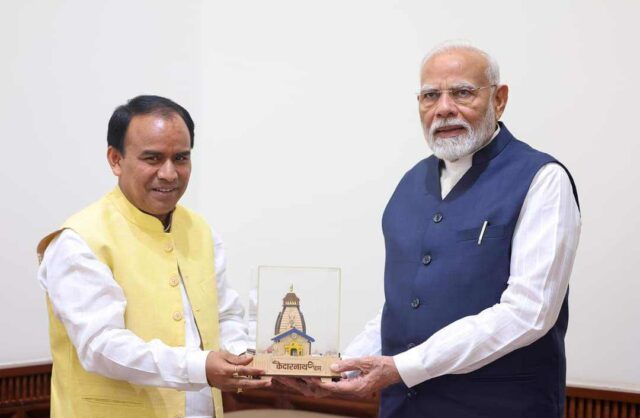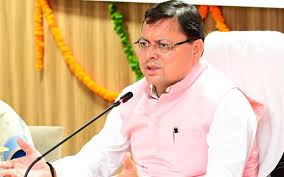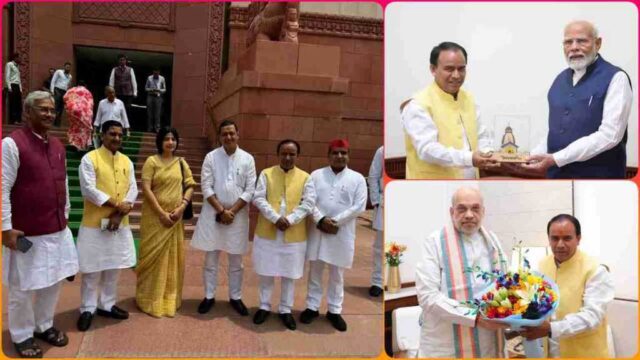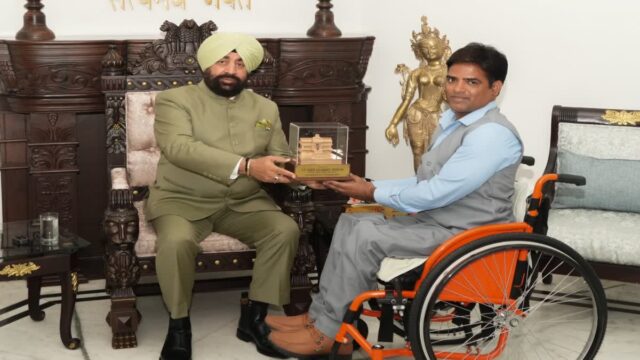Google CEO Sundar Pichai gave a big statement on the new IT rules of the Government of India

Google CEO Sundar Pichai said today that the company is committed to following local laws and creatively engaging with governments. He said that governments create regulatory frameworks to keep pace with the rapidly evolving technology sector. “It is obviously early days and our local teams are very busy, we always respect local laws in every country and we are constructively Work from We have a clear transparency report, when we comply with government requests, we mention it in our transparency report. “He said that a free and open Internet is” the basic point “and India has long traditions. He said, “As a company we are clearly aware of the values and benefits of the free and open Internet and we advocate it, and we engage creatively with regulators around the world.” हम We participate in these processes. ÓÓ Pichai further stated that the company respects legislative procedures, and in cases where it needs to back down, it does so. The government defended the new digital rules with full devotion, stating that it respects the right to privacy and asking message forums such as WhatsApp to provide information about the original source of messages identified under the new IT rules is not a privacy violation. Along with this, the government has sought a compliance report from the social media companies regarding the new rules. WhatsApp has challenged the government’s new digital rules in the Delhi High Court, which has received the government’s response one day. WhatsApp says that providing access to encrypted messages will break the privacy protection cover. The new rules were announced on 25 February. Under this new rule, large social media platforms such as Twitter, Facebook, Instagram and WhatsApp (which have more than 5 million users in the country) will need to take additional measures. This includes appointment of Chief Compliance Officer, Nodal Officer and Grievance Officer based in India, etc. These social media companies may have to lose their intermediary status if they do not follow the rules. This condition gives them exemption and protection from liabilities for any third party information and data they ‘host’. In other words, after the expiry of its status, action can be taken on the complaint.


